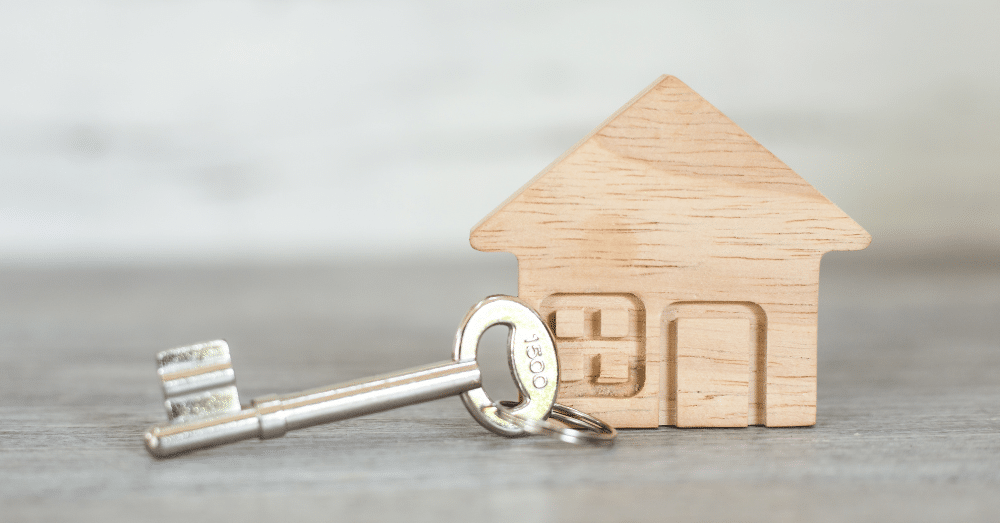A home is a family’s most significant asset, and it’s only natural that many divorce negotiations revolve around the future of a family’s real estate. However, deciding who gets the house in a divorce need not be a source of undue conflict, and a little understanding of Virginia family law will go a long way to determining one’s best options.
The following is a simple informative guide about current family laws in Virginia, but it should not be construed as legal advice.
In many cases, the judge in a divorce case will determine that the value of the home must be split between the two parties. There are many variables to determine what this split will be. Still, whether it is an equal 50-50 division or another arrangement that satisfies the court’s duty to find the most equitable solution for all parties, the divorcing couple must then decide the house’s fate. Here are the options most face:
Sell the house. Liquidating the home to divide the proceeds will satisfy the needs of the divorce and give both spouses a financial foundation to begin their new lives apart. However, fluctuations in the housing market may prolong the divorce process.
One spouse can buy out the other. In this option, one spouse will refinance the property and buy out the other spouse. Sometimes, this requires selling other assets, which can be a difficult and time-consuming process. This option works for people interested in keeping the property in the family.
The couple can co-own the home. While divorcing couples sometimes agree to co-own a home even after a divorce (especially to provide a stable upbringing for children before they turn 18), this option can often result in complications unless the details are well drafted in a binding agreement. If family members who lived in the house will be staying in the home, they often defer decisions about liquidation or equity buy-outs until later. There may be further considerations if child support payments come into the discussion or if a custodial parent remains in the home.
Understanding Divorce Law
Like almost all states in the country, Virginia follows equitable distribution laws. These equitable distribution laws are intended to streamline the already-emotional divorce process to create a fair solution.
The law classifies all property into three categories: separate property, marital property, and part marital and part separate property.
Therefore, the first step to understanding the legal status of real estate after the divorce is to know its classification.
Commonly, married couples own homes titled in both of their names, making the home a marital asset. Because the law considers marriage a partnership, a judge will decide how to divide the marital property.
Criteria for consideration include:
- Financial considerations of the marriage. This aspect includes the individual contributions of a party, what each spouse can afford, and the liquid and non-liquid character of the remaining marital property. Tax implications and the debts and liabilities of each spouse also come into consideration.
- Specific details of the marriage. The judge will consider the length of the marriage, the non-monetary contribution of each party to the family’s well-being, and the circumstances surrounding the marriage’s dissolution. Grounds for divorce vary and result in different outcomes.
- Any expenditures of marital property after the final separation of the parties. The judge will be interested in any use or expenditure of marital property that one or both parties may have undertaken in anticipation of the divorce.
- Other considerations the judge deems appropriate. Each divorce is different, and the court will proceed as it feels necessary to reach an equitable conclusion for all involved.
Contact Us Today
If you are thinking of getting a divorce or if you are currently going through a divorce, our dedicated and passionate team is here and ready to assist you. Call 800-516-3964 or contact us here today.
